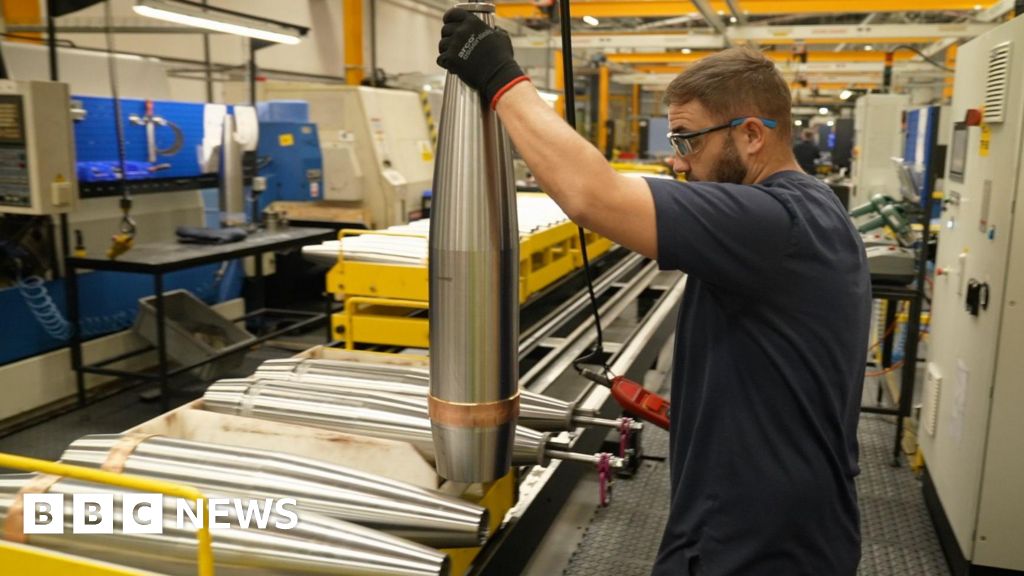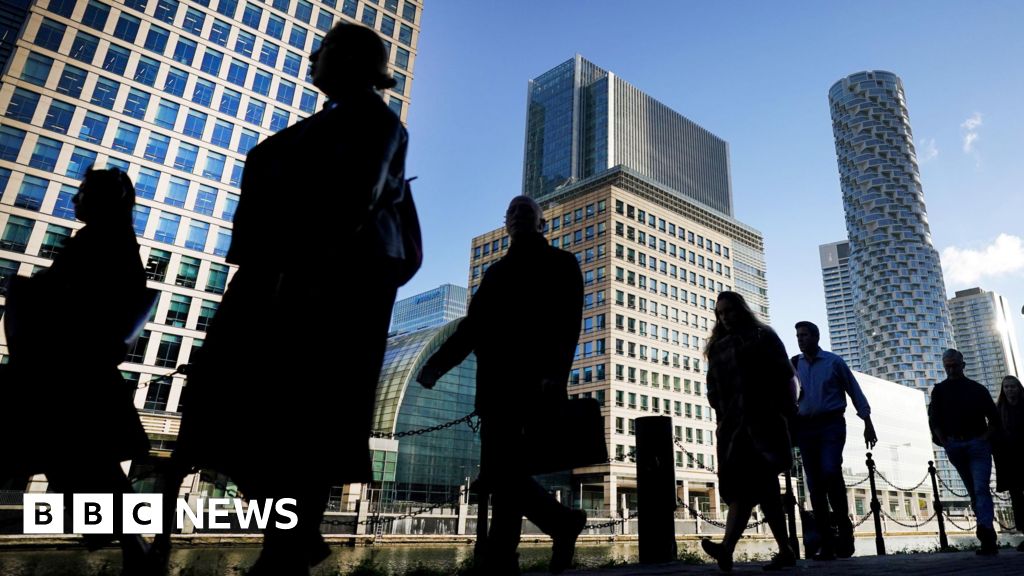ARTICLE AD BOX
By Alex Therrien
BBC News
image source, Getty Images
image captionA drop in wind and solar output is among the factors blamed for the rise in wholesale gas pricesThe government is to hold urgent talks with representatives from the energy industry amid growing concern about a spike in wholesale gas prices.
Business Secretary Kwasi Kwarteng is talk to gas suppliers and others on Saturday to hear how wide-reaching the impact of the surge in prices could be.
High global demand, maintenance issues at some gas sites and lower solar and wind output are blamed for the rise.
The high prices have already led two large UK fertiliser plants to close.
Government sources have said there is no threat to UK gas supplies and the impacts on small energy companies that might be the most exposed are being monitored.
But the BBC has been told that officials are looking at whether products that could end up being in short supply, such as fertiliser, could be imported from abroad.
Natural gas prices are at record highs as economies around the world begin to recover from the Covid crisis.
In the UK, lower winds have meant less renewable energy is generated. There have also been outages at some nuclear stations and lower flows into the UK of natural gas from Norway, pushing up the price of natural gas.
It is understood the discussions with senior figures from the UK's energy sector were requested urgently.
Mr Kwarteng will be talking to chief executives from gas producers, the National Grid, suppliers including Scottish Power, EON and EDF and the regulator Ofgem to hear how far-reaching the impact of the surge in prices is likely to be.
The high prices have led to fertiliser plants in Teesside and in Cheshire to close, leading to a major drop in supplies of carbon dioxide gas - a by-product of fertiliser production - which is used across many industries.
Meat processors are also in talks with the government over this carbon dioxide shortage because of its use in the meat production process.
The gas, which is used to stun pigs and chickens prior to slaughtering and also in the packaging process.
The government source said CO2 supplies for nuclear power and hospitals would be prioritised.
A government spokesperson said: "The UK benefits from having access to highly diverse sources of gas supply to ensure households, businesses and heavy industry get the energy they need at a fair price.
"We are monitoring this situation closely and are in regular contact with the food and farming organisations and industry, to help them manage the current situation."

 3 years ago
64
3 years ago
64








 English (US) ·
English (US) ·